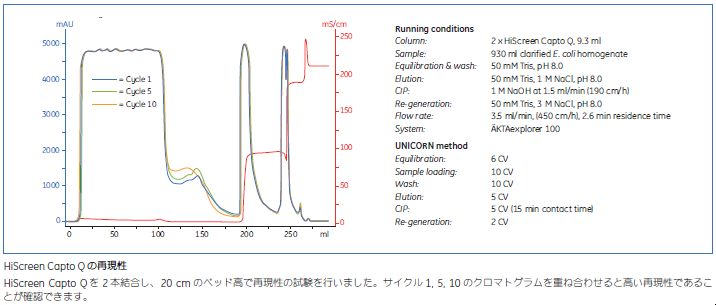

The outperformance of a site-specific POEGMA conjugate prepared by SIG over PEGASYS that is the current gold standard for interferon-alpha delivery suggests that SIG is of interest for the development of next-generation protein therapeutics. More importantly, in a murine cancer model, the POEGMA conjugate completely inhibited tumor growth and eradicated tumors of 75% mice without appreciable systemic toxicity, whereas at the same dose, no mice treated with PEGASYS survived for over 58 days.

Notably, the POEGMA conjugate possessed a 7.2-fold higher in vitro antiproliferative bioactivity than PEGASYS. The POEGMA conjugate showed significantly improved pharmacokinetics, tumor accumulation and anticancer efficacy as compared to interferon-alpha. Herein, we report site-specific in situ growth (SIG) of a PEG-like polymer, poly(oligo(ethylene glycol) methyl ether methacrylate) (POEGMA), from the C-terminus of interferon-alpha to form a site-specific (C-terminal) and stoichiometric (1:1) POEGMA conjugate of interferon-alpha in high yield. However, PEGylation usually leads to a heterogeneous mixture of positional isomers with reduced bioactivity and low yield. One prime example is PEGylated interferon-alpha (PEGASYS). Conjugating poly(ethylene glycol) (PEG), PEGylation, to therapeutic proteins is widely used as a means to improve their pharmacokinetics and therapeutic potential.


 0 kommentar(er)
0 kommentar(er)
